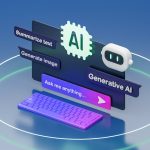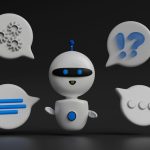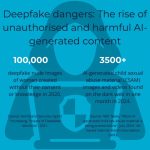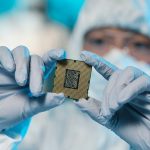Virtual reality is a new frontier in physical therapy
Virtual reality, or VR, is no longer just for video games and entertainment. It has found its way into healthcare, where it is making...
AI can help with early cancer detection in older adults
Cancer is a leading cause of death worldwide, especially in older adults, who are more likely to develop the disease. Early detection is critical...
Why blockchain is a revolution beyond cryptocurrency
Blockchain technology, often associated with cryptocurrencies like Bitcoin, has grown far beyond its original purpose. It’s now being applied in industries ranging from healthcare...
New cybersecurity threats in 2024 and how we’re fighting them
The internet has become a part of almost every aspect of our lives, but it also brings risks in the form of cyberattacks. In...
AI chatbots show cognitive impairment signs like early dementia
Recent research reveals that popular AI chatbots, often considered advanced and capable, display signs of mild cognitive impairment when tested using tools designed to...
3D-printed guns, like the one Luigi Mangione allegedly used, are a growing threat
Police investigating the shooting of UnitedHealthcare CEO Brian Thompson on Dec. 4, 2024, have announced that the suspected assailant had used a 3D-printed gun.
Several...
MIT’s new stacked chip design could revolutionize computing
The electronics industry is facing a challenge: it’s running out of space to pack more transistors onto computer chips.
To solve this, chip manufacturers are...
Five cybersecurity tips to protect yourself from scams and deepfakes
In an age when misinformation and deepfakes blur the lines between fact and fiction, identifying scams has never been more challenging.
Falling for a scam...
Stacked 3D chips: The game-changer for faster ai and smarter tech
Engineers have developed an exciting new technology that could revolutionize the way computer chips are made, enabling faster and more efficient AI systems.
As the...
Biological computers could use far less energy than current technology by working more slowly
Modern computers are a triumph of technology.
A single computer chip contains billions of nanometer-scaled transistors that operate extremely reliably and at a rate of...










